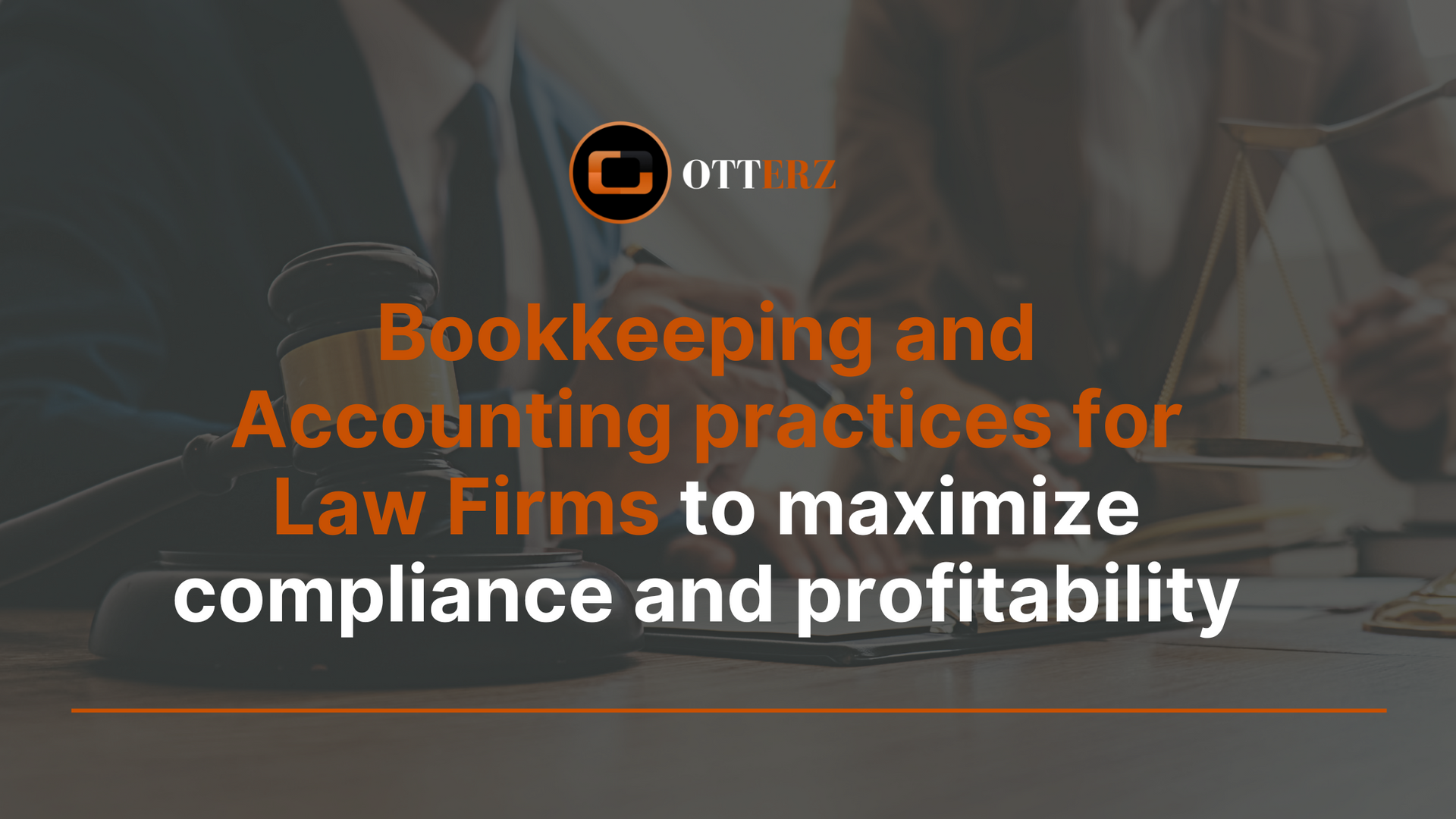How to Correct a Missed 83(b) Filing: Essential Strategies for Small Business Owners and Startups
Can a missed 83(b) filing be undone?

Navigating the complexities of equity compensation is a key task for small business owners and startups. One important aspect of managing stock options and restricted stock is the 83(b) election. Missing the 30-day filing window for this election can have significant tax implications. While the IRS generally does not accept late submissions, there are still strategies you can employ to address a missed 83(b) filing. Here’s how you can manage the situation effectively.
What Is the 83(b) Election?
The 83(b) election allows individuals to elect to be taxed on restricted stock or equity compensation at the time of grant rather than at vesting. This is beneficial if the stock’s value is expected to rise, as it locks in a lower tax basis and can potentially reduce future tax liability.
When Should You Make the 83(b) Election?
- Early Stage Startups: For early-stage startups with low stock values, making the 83(b) election allows you to pay taxes on a lower amount now, which can lead to substantial savings if the company grows.
- Anticipated Growth: If you expect your company's stock value to increase significantly, filing the 83(b) election early helps minimize future tax burdens.
- Upcoming Liquidity Events: For companies approaching acquisitions or IPOs, the 83(b) election can help manage tax implications more effectively.
Steps to Correct a Missed 83(b) Filing
1. Assess the Situation
Unfortunately, a missed 83(b) filing generally cannot be undone in the traditional sense. The IRS does not allow for late submissions of the election, and the 30-day window is strict. Missing this deadline means you’ll be taxed on the stock’s value at the time of vesting, which is often much higher than at the time of grant. However, there are potential remedies to explore:
2. Consult a Tax Professional
Engage with a tax advisor experienced in equity compensation. They can help assess your specific situation and provide tailored advice on how to manage the tax implications of missing the deadline.
3. Consider Legal Remedies
If the stock grant was legally ineffective due to issues such as lack of board authorization or failure to meet certain conditions (like payment of the nominal purchase price), you might argue that no valid grant occurred. This could potentially allow for a new grant and a fresh 30-day window to file the 83(b) election. Discuss these possibilities with your tax advisor or legal counsel.
4. Cancel the Stock Grant and Issue New Stock
If you have a small number of shareholders, you might consider canceling the initial stock grant and issuing new stock:
- Stakeholder Agreement: Ensure that all stakeholders agree to this action and properly document the cancellation and reissuance.
- Avoid Backdating: Do not backdate the new grant, as this can lead to additional tax complications and scrutiny.
- IRS Scrutiny: The IRS might view the new stock grant as a sham transaction if not handled correctly. Use a different vesting schedule or number of shares to clearly distinguish the new grant from the old one.
5. Amend the Vesting Schedule to Repurchase at “Fair Market Value”
Adjust the repurchase price of unvested stock to the fair market value:
- Eliminate Substantial Risk: Changing the repurchase price to fair market value can eliminate the substantial risk of forfeiture, thus negating the need for an 83(b) election.
- Financial Implications: Be prepared for potential costs if a stockholder leaves before vesting, as you may need to repurchase stock at its current value.
6. Cancel the Vesting Schedule and Apply a Different Vesting Schedule Later
Remove the vesting schedule to address the immediate need for an 83(b) election:
- No Substantial Risk: Without vesting, the stock is taxed upon grant.
- Future Vesting Agreement: Implement a new vesting schedule after a significant period to clearly separate the new agreement from the old one. This helps avoid IRS scrutiny and treats the new vesting schedule as a separate agreement.
Strategic Insights and Long-Term Benefits
1. Integrate into Financial Planning
Incorporate the 83(b) election into your broader financial strategy. Evaluate how the election impacts your tax situation and compensation planning.
2. Use Financial Modeling
Leverage financial modeling tools to project the effects of making or missing the 83(b) election. This helps in making informed financial decisions.
3. Stay Updated on Tax Laws
Tax regulations can change. Keep informed about updates to the 83(b) election rules and consult with a tax advisor regularly to ensure compliance and optimize your strategy.
Conclusion
Missing the 83(b) election deadline can be challenging, but there are practical strategies to manage the situation. By consulting with a tax professional, exploring potential legal remedies, and considering alternative stock management approaches, you can navigate this issue and maintain your financial strategy.
Need help with your 83(b) election or other tax matters? Contact us at hello@otterz.co to schedule a consultation with Otterz.
For more information on tax strategies and updates, follow our blog and stay connected on social media. Share this article with fellow business owners and startups who might benefit from these insights!
Applicability:
This guide is relevant for small businesses and startups involved in managing equity compensation, including tech startups, consulting firms, and other businesses with restricted stock or stock options.
Found this valuable? Share it with your friends and colleagues!








